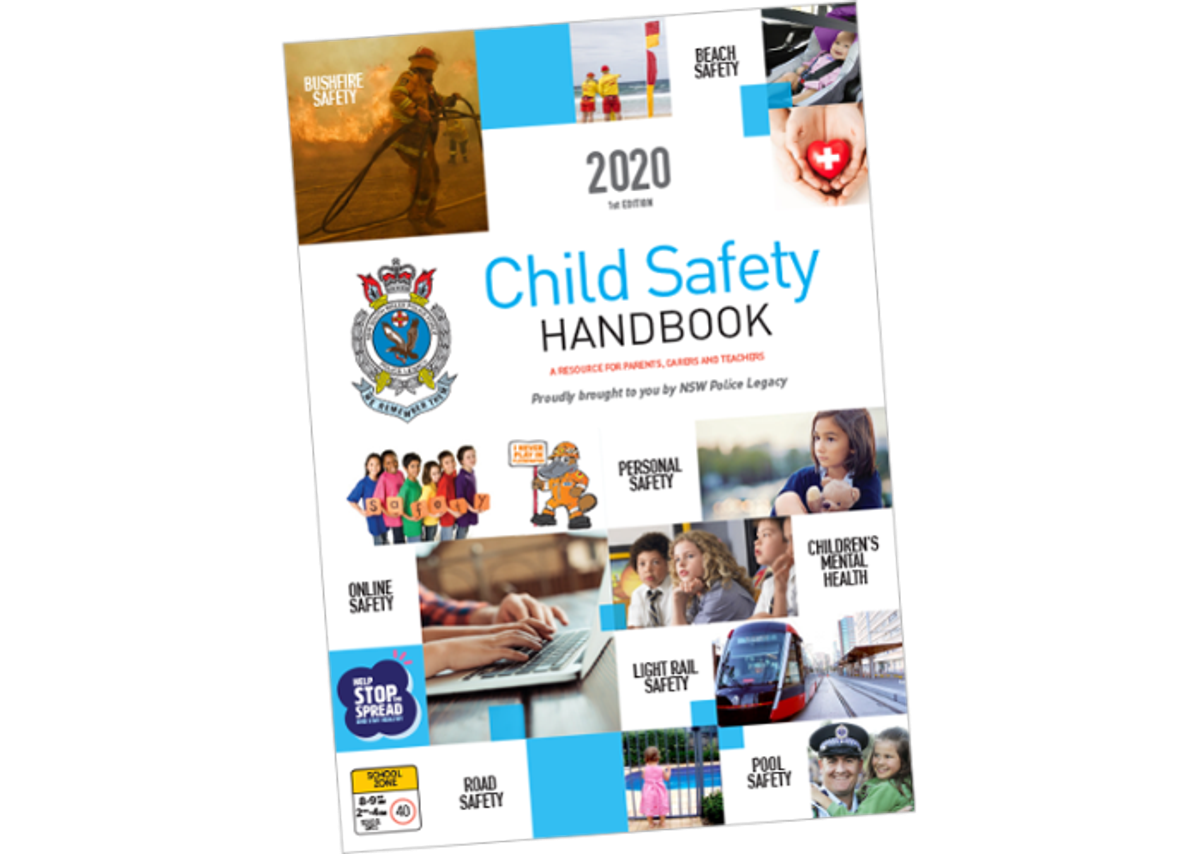Parenting Page

Catholic Care Parenting Courses
Please see the CatholicCare page of this newsletter for details on some great parenting courses.
Managing the Mother Load
by Dr Jodi Richardson
“The mental load means always having to remember.”
Emma, a French cartoonist summed up the mental load that most mothers carry in her 2017 viral comic, ‘You should’ve asked’. In the opening scene a very hassled mother was preparing for a dinner party, while feeding her two young children, dealing with a noisy dog and answering the phone, all while she was hosting a colleague for dinner. As the dinner boils over the stove and onto the floor she looked at her partner imploringly. He unwittingly answered, “But you should’ve asked! I would have helped.”
This scene artfully exemplifies the many invisible layers of responsibility that mothers carry including arranging most household tasks, managing the family home and being on top of the fine detail in every family member’s life.
This is not the case in all families, but current research reveals that the great majority of women bear the load when it comes to housework (mums do twice as much as dads), caring for children (again, mums doing twice as much as dads) and carrying the mental load for their family.
There’s only so much we can manage. For those of us who are anxious, there will be times our plates will fill, and overflow. While there’s no single way to ease the mental load that mothers carry the following ideas will help to make life more manageable:
Stop making life easy for others
Anecdotal evidence suggests that many mums will overdo preparation rather than expect others to step up and help. I have been known in the past to cook and freeze up to a week’s worth of meals prior to travelling for work. Not anymore though. Magically, my husband and two school-aged children have become very capable in the kitchen as I’ve stepped back.
Delegate and let go
Delegate some household jobs to your children. Leah Ruppanner, professor of sociology at Melbourne University says, “Unless death is impending from poor domestic decisions, step back, support and allow others to learn from their mistakes.” Letting go of jobs and allowing kids to do things in their own way is hard for perfectionist personality types, but it’s essential if you are going to last the parenting journey. Surprisingly, both guilt and perfectionism ensure that many mums keep their children dependent upon them.
Diarise and check
One way to ease is the mental load is to lessen the number of mental notes and details that you carry around. Set up recurring electronic calendar entries for routine tasks and check regularly. This way you have less to remember and a place to find what you need, which is more efficient and mum-friendly way of being organised.
Lower the bar
Many mothers confess that they constantly feel guilt. if they don’t put their children first. That’s a heavy burden to carry. If anxiety is a constant companion, it’s essential to lower the bar on your self-expectations. Unfulfilled expectations are proven stressors for mothers so take away tasks, rather than add to your mother load.
In closing
There’s little doubt that many mothers carry an overwhelming mental load that adds to their anxiety and stress. I’m not suggesting that you abandon your job entirely but rather to look for ways to make the mental load you carry a little lighter. In doing so, life will become easier to manage. As with all behavioural change its easiest to start small. But whatever you do, if you’re straining under the mother load make a start at releasing and sharing the load.
Parents can learn more about minimising anxiety as a mum in Dr. Jodi Richardson’s book Anxious Mums: How mums can turn their anxiety into strength published by Penguin Random House.
NSW Police Legacy Child Safety Handbook 2020
The “NSW Police Legacy Child Safety Handbook” is a comprehensive resource to assist parents, carers as well as teachers on a range of topics essential to child safety.
The handbook, now online, has been updated to include key messages about COVID-19 safety and bush fire safety given the unprecedented fires we experienced earlier this year.
The updated online edition (link below) also includes important content updates from: NSW Ministry of Health, NSW Police Force, Fire and Rescue NSW, Rural Fire NSW, Transport for NSW, Sydney Trains, NSW Department of Family & Community Services, eSafety Commissioner and NSW Office of the Children's Guardian.
Please click on the cover below to view the updated digital handbook:
Illawarra Shoalhaven Local Health District - Live Life Well @ School
Is your child OK?
How is your child going at the moment? In the busyness of life, perhaps still working from home due to COVID-19, and restrictions on many of your children's usual activities, some children may be struggling a little. Some of these apps might be useful for you in supporting your child's mental health.
Smiling Mind
Smiling Mind is a unique web and App-based program developed by a team of psychologists with expertise in youth and adolescent therapy, Mindfulness Meditation and web-based wellness programs. Smiling Mind is a free tool that will assist in improving the lives of young Australians, and is available online or as a smartphone App. Smiling Mind’s mission is to provide accessible, life long tools based on mindfulness meditation. Creating happier, healthier, and more compassionate young people.
Calm
Calm produces meditation products, including guided meditations, a book, narrated Sleep Stories, and health and meditation videos. Their primary product is the meditation app, available on iPhone and Android devices. The app aims to help users sleep better, boost confidence and reduce stress and anxiety, all with the help of guided meditations, soothing music, and bedtime stories.
How can you help your child recover after school?
Here are three essential things you can do to help your child with their learning and improve relationships.
- RELAXATION- give your child/ren time for relaxation. Plan some quiet time for recovery.
- SLEEP- make sure your child/ren are getting enough sleep. At least 10 hours is good. Good sleep improves your child's ability to retain memory and learning from the day. Watch this clip What Would Happen If You Didn't Sleep?
- EXERCISE - will help your chil/ren improve well being.
What can I do if my child is experiencing a problem at school?
by Michael Grose
Need Help with Devices and the Internet at Home?
The eSafety Commissioner website helps Australians to have safer, more positive experiences online. The site has a parent page that provides advice for parents and carers to help children have safe experiences online. eSafety Commissioner.
ADDITIONAL SHORT ARTICLES FROM 'PARENTING IDEAS'






